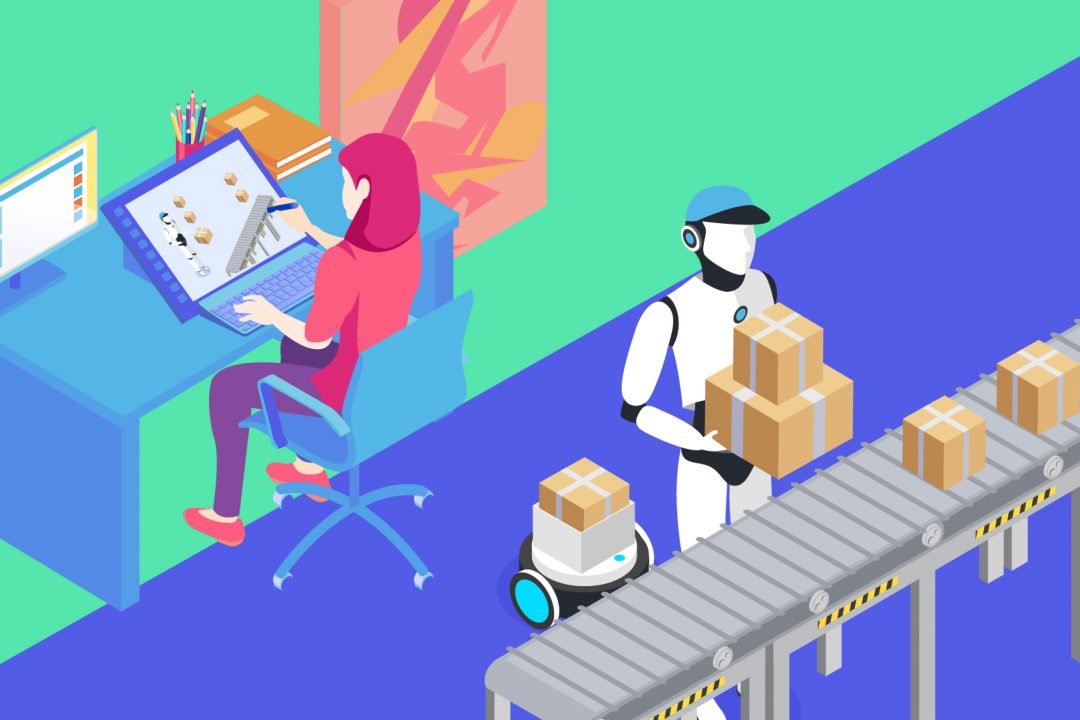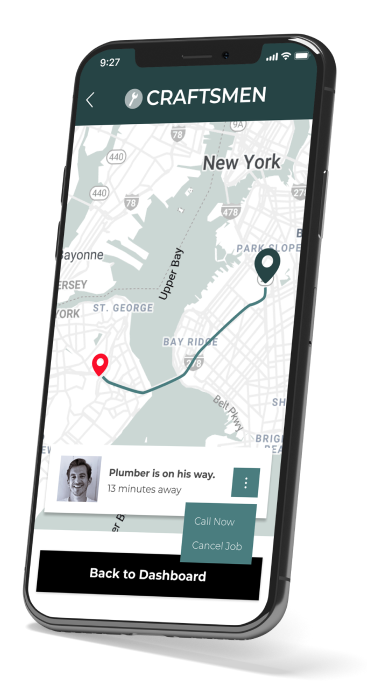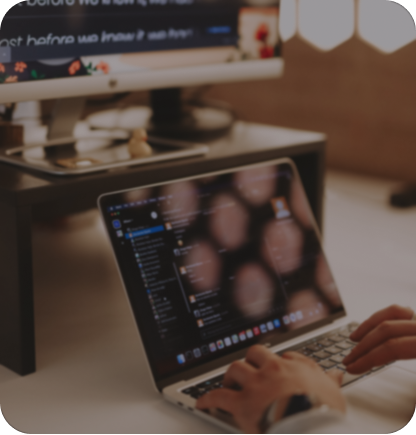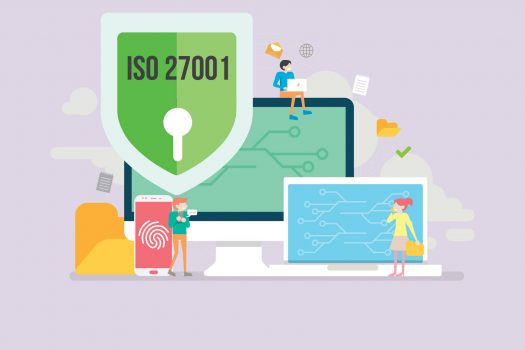How much has artificial intelligence advanced today?

We can say that artificial intelligence has been in existence for almost 70 years since the first attempts of the application were made in the middle of the last century. However, in addition to the global effort to find more serious applications, there was one insurmountable obstacle – the inability of computers of the time to process the vast amounts of data that artificial intelligence solutions required.
After several decades of sleep, and with the advent of more sophisticated machines of much greater computing power, companies, organizations, and entire states have once again started the race for prestige in this area. That is why we believe that the best time for artificial intelligence is yet to come. The results are impressive right now.
Every time you type in a search term in Google search, you are actually communicating with artificial intelligence, which, based on a large number of parameters it has about you (some that you don’t even know about yourself), produces results that act as “mind-reading.”
At the end of 2017, NASA, with the help of artificial intelligence, found the entire 8-planet solar system around the Kepler-90 star. Analyzing photographs taken in previous years at 30-minute intervals, they monitored regular changes in the star’s gain and decrease of light, which is an indication of planets orbiting the star.
In 2016, IBM used its Watson AI supercomputer to diagnose serious illnesses such as leukemia successfully. Using an extensive database of 20 million oncologic diagnoses in just a few minutes, Watson successfully made diagnoses and treatment after oncologists and months of study of the patient’s condition failed.
Google’s Waymo AI collects and processes huge amounts of data from radars, GPS, cameras and cloud services, and provides vehicle management instructions. Outstanding results have been demonstrated even in high traffic conditions, pedestrians, pedestrian crossings and traffic lights.
Furthermore, you can now find content authored by AI machines. We even have complete books written by artificial intelligence. While there are challenges to the quality and credibility of such releases (some of which are entirely valid), there is no doubt that the upcoming trend also influences this industry.
Interesting results also exist in the “less serious” segments. Today, artificial intelligence overrides the human skills of the best professionals in gaming, chess, card and strategy games (e.g., the ancient Chinese Play Go).
Undoubtedly, artificial intelligence is already fundamentally changing the majority of industries, and that with the advent of increasingly advanced processors (e.g., quantum processors), artificial intelligence will take on an increasingly important role in every emerging industry.
Does AI progress mean the advantage or defeat of humanity?
This question is one of the most discussed topics when it comes to artificial intelligence and its future. Everything humanity has to offer is a product of our intelligence and can be used for both good and bad at the same time. Fire can heat but also burn.
We have already mentioned the great achievements of AI that have resulted in significant benefits for humanity. AI has the ability to save lives by making successful diagnoses and prescribing treatments for the most severe illnesses. AI can eradicate poverty and disease.
On the other hand, the question that arises is the malicious uses of artificial intelligence.
We are already witnessing powerful drones equipped with artificial intelligence that can self-identify a given target and destroy it without any human intervention. More concerning than the sophistication of such weapons, is the fact that this technology can fall into the hands of organizations or even states that endanger human life.
The danger is even greater when we know that the same drones can carry biological weapons of mass destruction.
We are witnessing great rivalries for supremacy in this area between superpowers that can easily lead to greater conflict and, ultimately, great devastation.
AI systems behave the way they are trained, which gives room for manipulation. Everyone knows of a case when Facebook analyst Cambridge Analytics tried to manipulate data and influence elections.
Whether AI will be the victory or defeat of humanity depends on ourselves and how responsible we will be in its development. There are many factors and conditions and all must be fulfilled if we are going to make the next achievements in the service of humanity.
We, as humanity, are perfectly capable, without artificial intelligence, of bringing entire species, including our human species, into the danger of extinction.
Above all, humanity and its leaders need to rethink and redesign our social, political and financial systems so that they are ready for the changes to come. Legislators are tasked with enacting laws that will drive innovation responsibly in order to eliminate the negative products of that innovation. Furthermore, these same legislators should work towards a more even distribution of existing innovations and make them equally accessible to all.
The United States, the leader in the development of the artificial intelligence system, is passing laws that mandate constant validation of artificial intelligence-driven systems to ensure that the results of those systems are valid and protected against manipulation.
AI and COVID-19
At the time of writing this post, we are in the middle of the COVID-19 crisis that endangers our lives, health and economy. After a while, the entire planet faces the same enemy, which gives it a fantastic opportunity to rethink the paths in how we are operating and using AI for humanity’s benefit.
We already have all the technology that can be used to recognize, predict, and explain COVID-19 infections, and help manage its impacts.
We are already witnessing the Canadian-based AI model,BlueDot, that “protects people around the world from infectious diseases with human and artificial intelligence.”
Next in the line is theExscentia, the Oxford-based company that is transforming the economics and productivity of drug discovery in order to dramatically reduce the time it takes to deliver treatments to patients by using our revolutionary AI technology and unrivaled data science expertise.
Although this is not a blog about COVID-19, we are just stating some examples of usage of the AI for current issues.
How much truth is there in the story that robots will replace humans?
Yes, it definitely is true and it is inevitable. New technologies will dramatically change the system of work in all industries. We cannot predict when this will happen and to what extent.
On the one hand, we see that some professions are dying out, leaving people, unprepared for retraining, without jobs and the opportunity to feed themselves and their families.
On the other hand, we are witnessing that the emergence of new technologies also creates new demand, which again leads to new jobs.
These two things are going to happen in parallel and the key is that the effect of new jobs outweighs the effect of losing old ones.
The World Economic Forum, in its project in 2018 – Future of Jobs study, conducted a survey on a sample of HR managers at 10 companies in order to create an idea of the impact of new technologies (such as artificial intelligence) on the labor market by 2020.
The research shows that the ability to solve complex problems, as well as social ability, will be far more valuable and more demanding than manual labor. Although research shows that financial conditions for employees will be better, job security will be on a very low level, again proving the thesis of the need for agility and rapid adaptation to change.
In conclusion, I would reiterate the claim that all humanity needs to rethink the current design of its social and political systems and create new agile models that will be ready to make faster decisions and adapt more quickly to frequent changes.
A pessimistic scenario is one that, under the influence of chaotic unsynchronized and greed-driven industries, robots and automation in such a percentage replace human labor that will endanger human existence and lead to chaos.
However, as an optimist, I believe in another scenario where reason will prevail and that new technologies will replace people in difficult physical and non-creative work segments, giving them more time for intellectual upgrades and a better and healthier life.
Whatsoever, we are at a turning point we have never been before and it is a great responsibility for us to design a system that will push humanity to the next, better level.





